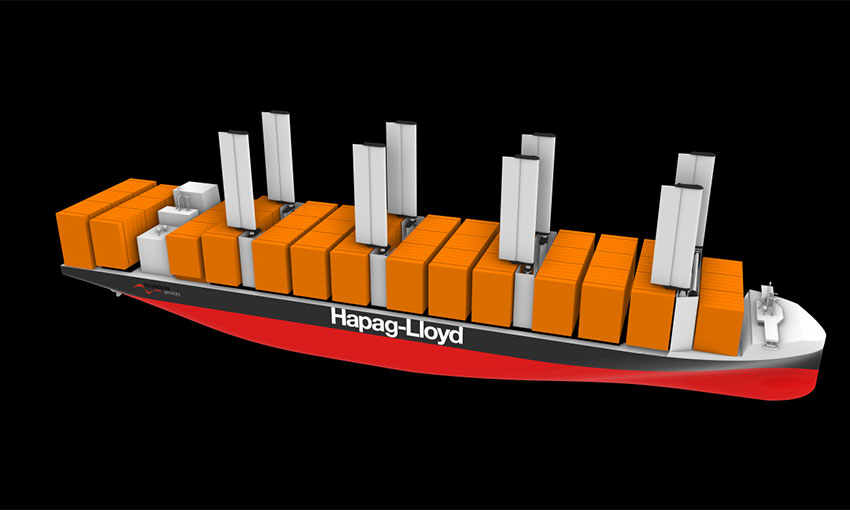AS a customs broker, we see and hear things that immediately alight our instincts that just don’t add up or make sense.
A customs broker is licensed to undertake tasks alongside the Customs Act 1901. The Australian Border Force is the government authority that is to protect the border from persons and goods that enter and or exit the country and to also collect revenue for the government and on behalf of the Australian Taxation Office.
An importer imported goods via hand-carry through Melbourne International Airport in February this year. They received a B390 receipt for goods and were advised to customs clear the goods and then return to collect the goods. A value of $100,000 was declared on the B390. An invoice for the goods was presented for $100,000. The customs broker knew that the goods were worth more than this amount and believed that the goods were worth $400,000. Before the customs broker commenced the clearance process they emailed aomclearing@abf.gov.au (the email address that handles hand carried goods at Melbourne international Airport) and recommended that the shipment be sent for valuation; no reply was received from the ABF.
The customs broker then processed the customs entry, invoiced the customer, the customer paid and proceeded to collect the goods from the ABF office at the airport. The importer emailed the customs broker to say that they received their goods. The customs broker again emailed aomclearing@abf.gov.au and asked why the goods were released. Again no reply was received.
If the ABF had detained the goods and sent them for valuation the ABF would have collected import duty of $20,000 and import GST of $42,000. However, as they failed to send the goods for valuation the ABF failed to collect the correct amount of money. The ABF lost $46,500 in one customs clearance – in one day.
If the ABF had sent the goods for valuation and it was proven that the goods had been smuggled (Section 4 Customs Act 1901) and as smuggling is a strict liability offence (Section 233), the importer could have been required to pay up to five times the amount of duty that should have been paid as a penalty (Section 233AB), estimating that amount to be up to $75,000 – instead of any of this happening, the importer knows that it is possible to evade both the ABF and the ATO from import duty and import GST.
The loss of $46,500 would have been half the salary for the ABF officer who failed to send the goods for valuation.
In closing, for those that don’t know me, I have been a customs broker for 23 years and have operated Platinum Freight Management since 2000. I have completed a Masters in International Revenue Administration and a Masters in International Customs Law and Administration. I have been employed by TAFE N.S.W for fourteen years as a lecturer in Customs Brokering; concentrating on the classification of commodities that enter and exit Australia.




